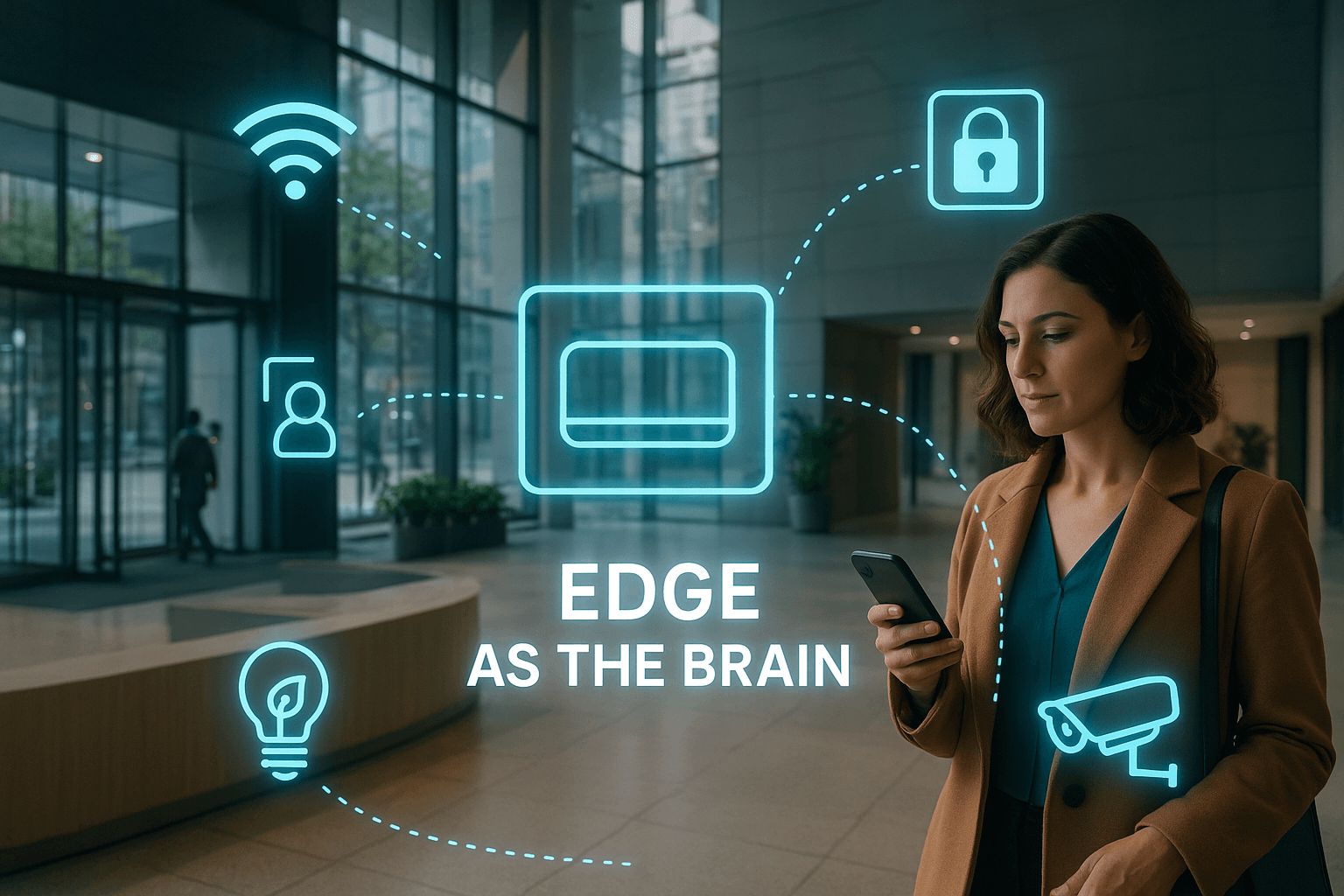
How AI can Transform Digital Literacy for Citizens in Africa.

Introduction: Digital literacy has become increasingly important as the world continues to shift towards a more digital future. With the growth of the internet, the adoption of digital technologies has skyrocketed, leading to a need for people to develop digital literacy skills. However, in Africa, the digital divide still exists and many citizens lack access to digital technologies and digital literacy training. This is where AI can help bridge the gap and support digital literacy for citizens in Africa.
The Current State of Digital Literacy in Africa:
The current state of digital literacy in Africa presents significant challenges and disparities. According to a report by UNESCO, access to the Internet in Africa is limited, with only 24% of the African population having connectivity, a figure significantly lower than the global average of 59%. This digital divide has created a profound impact on digital literacy skills and opportunities across the continent, leaving many citizens unable to fully harness the benefits of the digital age.
The limited access to the Internet in Africa has created a significant barrier to developing essential digital skills and competencies. Without reliable connectivity, individuals face difficulties in accessing online resources, educational platforms, job opportunities, and communication channels that are vital for personal and professional growth. This lack of access further widens the gap between those who have the means to navigate the digital landscape and those who are left behind.
Moreover, the absence of widespread digital literacy exacerbates the existing socio-economic inequalities in Africa. Without the necessary digital skills, individuals are unable to participate fully in the global digital economy, missing out on employment opportunities, entrepreneurship prospects, and accessing vital services. This not only hampers personal growth but also slows down the overall economic progress of the continent.

The Role of AI in Supporting Digital Literacy: AI has the potential to support digital literacy in a number of ways. For example, chatbots can provide digital literacy training to citizens who do not have access to formal education. Through natural language processing, chatbots can understand and respond to questions, providing information and training to users. AI can also support language translation, which is particularly important for African citizens who speak local languages.
AI and Digital Inclusion:
AI can also support digital inclusion by making digital technologies more accessible. For example, AI-powered virtual assistants can provide access to services such as banking, healthcare, and education. This is particularly important in areas where traditional infrastructure is lacking. With AI-powered services, citizens can access these services remotely and receive the support they need.

Check out our great article on how to bridge the digital infrastructure gap in Africa.
Data-Driven Digital Literacy: AI can also support digital literacy through data analysis. By analyzing data on user behavior and engagement, AI can provide insights into the effectiveness of digital literacy training. This information can then be used to improve training programs and tailor them to the specific needs of citizens.
The Impact of AI on Digital Literacy: The impact of AI on digital literacy in Africa has already been significant. For example, in Kenya, an AI-powered app called Tala is providing financial services to citizens who would not have access to traditional banking services. The app uses AI to analyze user behavior and provide personalized financial support. This has led to increased financial inclusion and improved digital literacy skills.
Conclusion: As Africa continues to embrace the digital age, digital literacy will become increasingly important. AI has the potential to support digital literacy by making digital technologies more accessible and providing training to citizens who may not have access to formal education. With the right support, AI can help bridge the digital divide and support the growth and development of African citizens.


